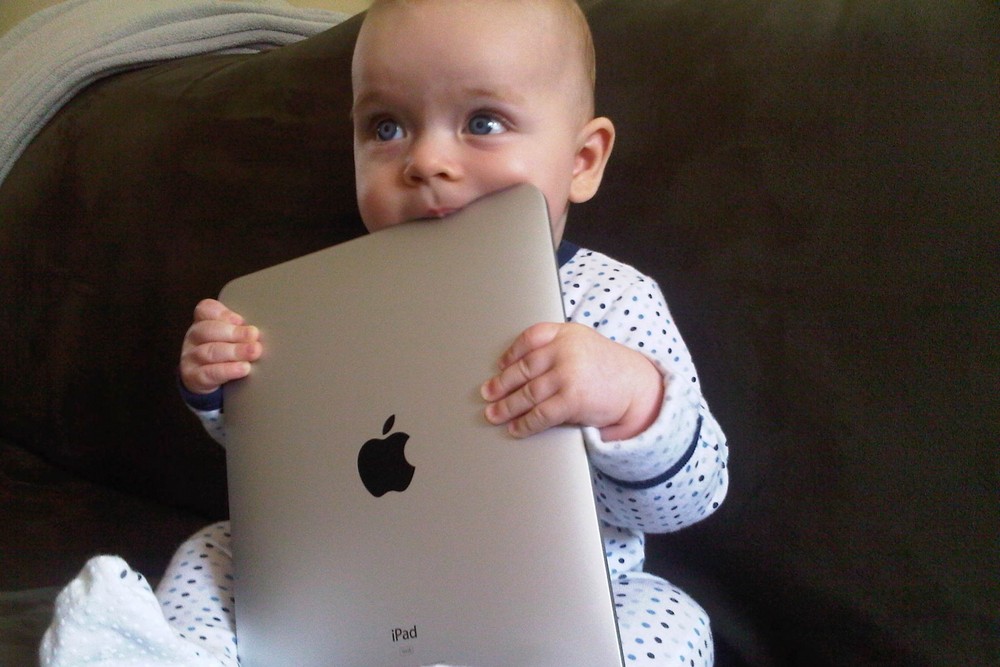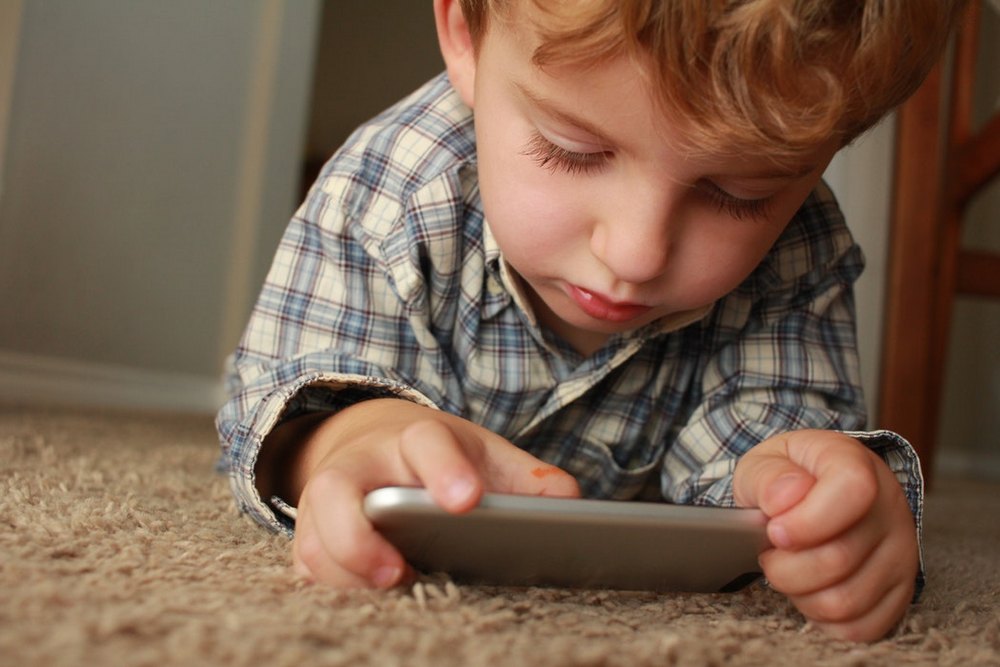All more often we began to hear about the need for the so-called digital “diet” (sometimes also called “digital hygiene”). This question is especially acute applies to children and adolescents. It’s worth recognizing an obvious fact: tablets, Computers, smartphones are an integral part of our lives. With their help we we do everything! Naturally, children inherit parents: for no one it is surprising that today at the age of 3 they know how to use the telephone or iPad, and a first-grader can also enlighten parents on the topic of working with by computer.
Many scientists sound the alarm that early introduction to gadgets entails a lot of negative consequences: problems with attention, memory, social skills, etc.
Generation born in the era of the digital revolution are called digital natives (from English digital - digital, natives - native, native), i.e. in literally born in the digital world. Coming to the traditional school, such children often confound teachers - it’s difficult for them to master knowledge using the same methods as their parents.
Well, and most importantly - uncontrolled use of the Internet on all kinds of devices is not completely safe and fraught with there are many obvious and hidden threats not only to health, but also to the life of the child. IN In our material, we tried to generalize some rules of healthy and safe relationships of children and gadgets.
Although, to tell you the truth, many of them will not interfere with adults.
Internet Security

Most important thing to remember and try to convey to the child: each action on the world wide web leaves a mark. Essentially the Internet remembers everything: what photos and videos you watched, where you went, what you were looking for. Do not leave absolutely no traces after yourself in the Internet space except for some special agent (and even then, only in the film).
almost all apps ask for your location when trying to share some information, moreover, in modern smartphones, geotags are already automatically integrated into the camera application. And if you post a photo or video, then the position information can be pulled automatically.
Worth make your online existence much more secure and disable such a function (especially for children and adolescents who are actively use apps and social networks).
No one knows when and to whom it would occur to anyone to use this information to the detriment.
and in general, do not forget about the great function of social networks - closed account. In this case, only a certain circle of persons will be able to see information that you or your child post. Also worth focus on who you can and cannot be added as friends, try to explain to them the necessary safety rules.
Teach your child’s vigilance - do not post photos with important Information such as home or school number. After all, an attacker can use it for your own purposes.
But don't turn into a dictator - forbid children to use gadgets in the digital world is at least illogical, and leads to even more critical the consequences.
At any age, it’s important to ensure that the latest technology served for good, not harm. And so you need to master digital security rules together.
Principles of a healthy relationship between a child and gadgets

To parents it is worth remembering that digital natives process data absolutely in a different way: they work on the principle of computers - and do not remember information, and where it can be found. Normal reading is too long and a boring process for them. Children learned to do several things at once: listen to music, hang out on social networks, do homework. Naturally, that the concentration of attention is very unstable.
How to “make friends” with a child gadgets so that this process is safe and useful?
First , It is important to consider age. Many child psychologists recommend refrain to the maximum from admitting a child under 3 years old to any screens - at this age, he must learn the world with the help of tactile, auditory, visual sensations, play with toys and listen to fairy tales.
Communion child to the world of digital technology at least 10 years old should be metered and controlled. It’s worth learning the rules with him. safety behavior on the World Wide Web, as discussed above.
Children older than 12 years must also be warned about the risks of rash posting on social networks, downloading inappropriate materials, etc.
Second , remember that the child will always take an example from you. So pay attention to your relationship with gadgets: do you depend on them so much so that you forget about talking with family? How often does a hand reach for phone to check likes or mail? Set uniform rules digital etiquette for everyone, mastering the digital world together is the way to healthy child relationships and internet technology. Do you want children read more? Pick up the book more often, so that the child sees it. Discuss literature in the family, share finds of interesting authors.
Third , control not so much the time that children spend online, how much The content of the content they consume. Focus on learning games and applications or various communication tools and interactive programs. Master the rules of communication in instant messengers.

not we’ll be afraid to seem trite and note that the most important thing is stimulate critical thinking in a child: teach him to analyze their actions and draw conclusions.
Modern the world provides unlimited opportunities for learning and learning new information and it makes no sense to prohibit or restrict access to it - just follow the rules of digital security and learn new things together with the child!
